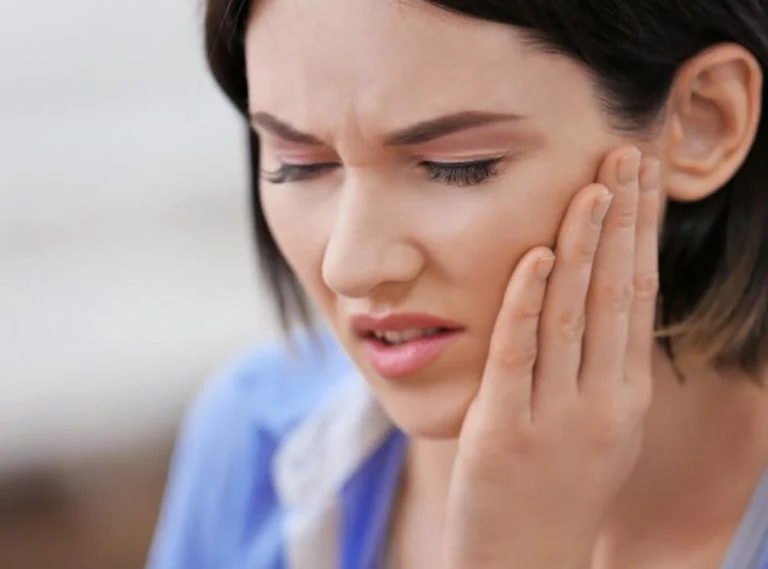TMJ Disorder
Temporomandibular joint (TMJ) disorder refers to a group of conditions that affect the temporomandibular joint, which connects your jawbone to your skull. It can cause pain and dysfunction in the jaw joint and surrounding muscles.
Temporomandibular joint (TMJ) disorder, often referred to simply as TMJ, is a condition that affects the temporomandibular joint, which connects the jawbone to the skull. TMJ disorder can cause pain and discomfort in the jaw joint and the muscles that control jaw movement. Symptoms may include jaw pain, clicking or popping sounds when opening or closing the mouth, difficulty chewing, facial pain, earaches, headaches, and jaw locking.
Treatment options for TMJ disorder may include lifestyle changes, stress management techniques, jaw exercises, oral splints or mouthguards, physical therapy, medications for pain relief and muscle relaxation, and in severe cases, surgery. A comprehensive evaluation by a dentist or TMJ specialist is essential for diagnosing TMJ disorder and developing an appropriate treatment plan tailored to individual needs.
Treatment options for TMJ disorder may include lifestyle changes, stress management techniques, jaw exercises, oral splints or mouthguards, physical therapy, medications for pain relief and muscle relaxation, and in severe cases, surgery. A comprehensive evaluation by a dentist or TMJ specialist is essential for diagnosing TMJ disorder and developing an appropriate treatment plan tailored to individual needs.


Here are some key points about TMJ disorder:
- Symptoms: Common symptoms of TMJ disorder include jaw pain or tenderness, difficulty chewing or biting, clicking or popping sounds when opening or closing the mouth, jaw locking or stiffness, ear pain or ringing (tinnitus), headaches, and facial pain.
- Causes: The exact cause of TMJ disorder is often unclear and can vary from person to person. Contributing factors may include jaw injuries, arthritis, bruxism (teeth grinding or clenching), misalignment of the teeth or jaw, stress, poor posture, and habits like chewing gum or biting fingernails.
- Diagnosis: TMJ disorder is typically diagnosed based on a physical examination, review of symptoms, and sometimes imaging tests such as X-rays, CT scans, or MRI scans to evaluate the jaw joint and surrounding structures.
// Services
OUR DENTAL SERVICES
Braces
Braces
Braces, also known as orthodontic braces, are a common dental treatment used to correct misaligned teeth and jaws.
Read MorePainless Root Canal
Painless Root Canal
Inless root canal treatment, also known as endodontic therapy, offers several benefits for individuals experiencing tooth pain
Read MoreDental Implant
Dental Implant
A dental implant is a surgical component that interfaces with the bone of the jaw or skull to support a dental prosthesis
Read MoreDenture
Denture
Dentures are removable dental appliances used to replace missing teeth and surrounding tissues. They are custom-made to fit the individual’s mouth.
Read More// TESTIMONIALS
Words From Our Customers
An exceptional dentist whose skill and care are truly commendable. Their dedication to providing top-notch dental care is evident in every appointment. Their gentle approach and attention to detail create a comfortable and positive experience. I highly recommend Dental World Dwarka for anyone seeking expert dental care.
Arpan Jona Tigga
PatientI had severe pain in one of my molars and I could not concentrate on anything. Dr. Anuradha Singh along with her team helped me by treating it efficiently and they were extremely patient and kind. I suggest every person suffering from any problem regarding teeth to go to Dental World. I had an overall amazing experience.
Arti Singh
PatientGood place to get your dental work done. Very nice and experienced doctors. They know well what the problem is and how to cure it in most efficient way.
